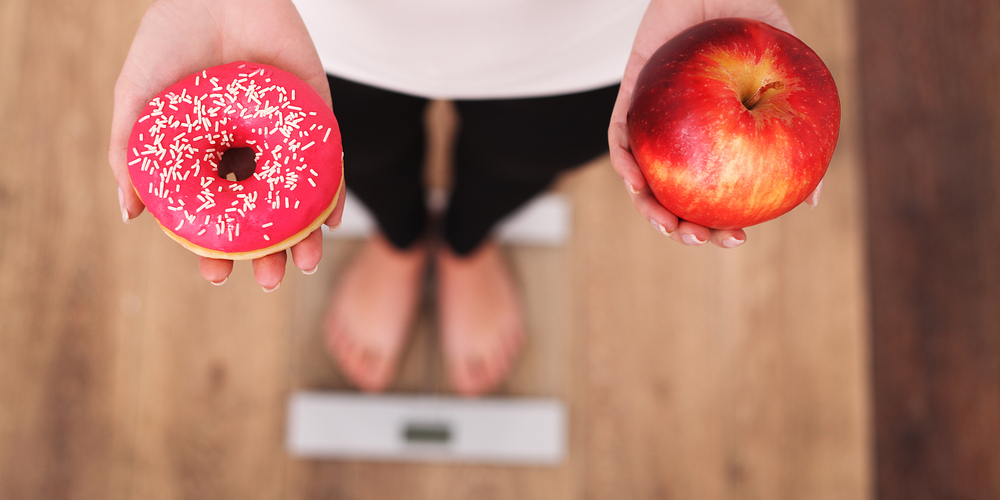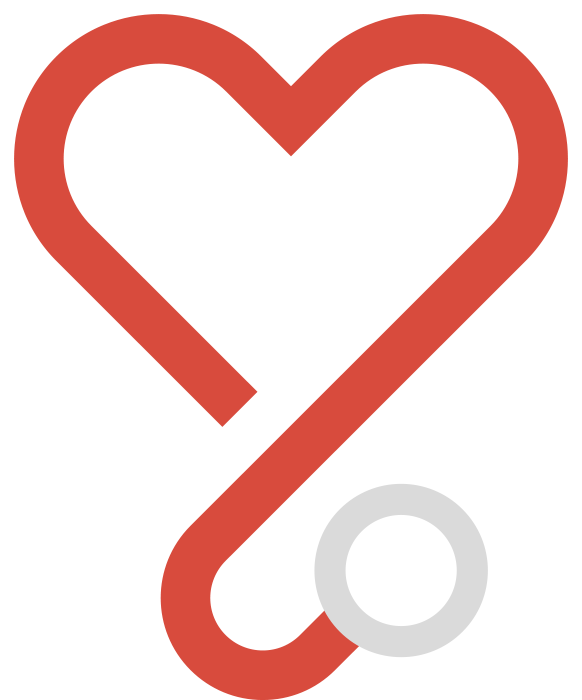
If you want a healthy lifestyle and a healthy body, you need to look at your nutritional intake. Just as a Formula 1 car wouldn’t perform if you tried to fill it with regular petrol, you can’t expect your body to be in excellent condition unless you pay attention to what you are putting into it.
Should I be dieting?
People most associate a ‘diet’ with a planned way of managing what you eat to lose weight. This is a misuse of the word, your diet is just what you eat and drink over a day/week/month. The better constructed and balanced your nutritional plan is, the better your health will be. This means eating food with the right content from all groups, not cutting out specific things and in effect leaving your body malnourished which is how many ‘diets’ work.
Variety is key, no one food has everything the body requires so you must have a varied diet in order to make sure your body has the correct nutritional elements and vitamins, in the right proportions, to keep you healthy and reduce the risks of illness.
Weight can be controlled through a properly managed, healthy diet, contributing to your general fitness and wellbeing.
The importance of balancing foods from all five food groups and not missing any out cannot be overstressed. The groups listed below must all be represented in your diet to be healthy.
Carbohydrates
Potatoes, pasta, bread, rice, noodles, cereals, all just a few examples of carbohydrate right foods which give you slow release energy and should be about a third of your food intake.
Carbohydrates are often thought to be fattening, however it is the fats they are cooked in which has this effect. Choose wholemeal versions of carbohydrates and avoid frying to keep yourself healthy.
Fruit and Vegetables
These hold many vitamins and minerals vital to keep your body operating correctly.
Always try to eat five different portions of fruit and vegetables every day. Fruit juices count, as do beans or pulses such as lentils, however juices can only ever account for one of your portions, and the same goes for pulses or beans.
Protein
This contains the essential building blocks for your body, as well as a number of important vitamins and minerals. Aim for about twenty percent of your intake to be protein rich foods such as eggs, meat, fish, beans and nuts.
For vegetarians tofu, soya and seeds, as well as the nuts and beans already mentioned can provide the protein for your diet, however many of these products do not have the vitamins and minerals added to them so you may need to be careful which you choose or find other sources of them such as supplements.
Dairy
Milk, cheese, yoghurt, all are dairy products (eggs, butter and cream fall into other categories). These all provide necessary calcium, though this can be obtained from soya alternatives with calcium added, or vegetables like cabbage and broccoli.
Fats and Sugar
These contain a lot of energy and should be the smallest portion of your dietary intake. Butter and cream fall under this group as do many other fatty or sweet things which you can probably name. Sweets, crisps, cake, preserves, all these things contain fats or sugar and although this needs to be represented in your diet, avoiding excess in this group is always recommended.
